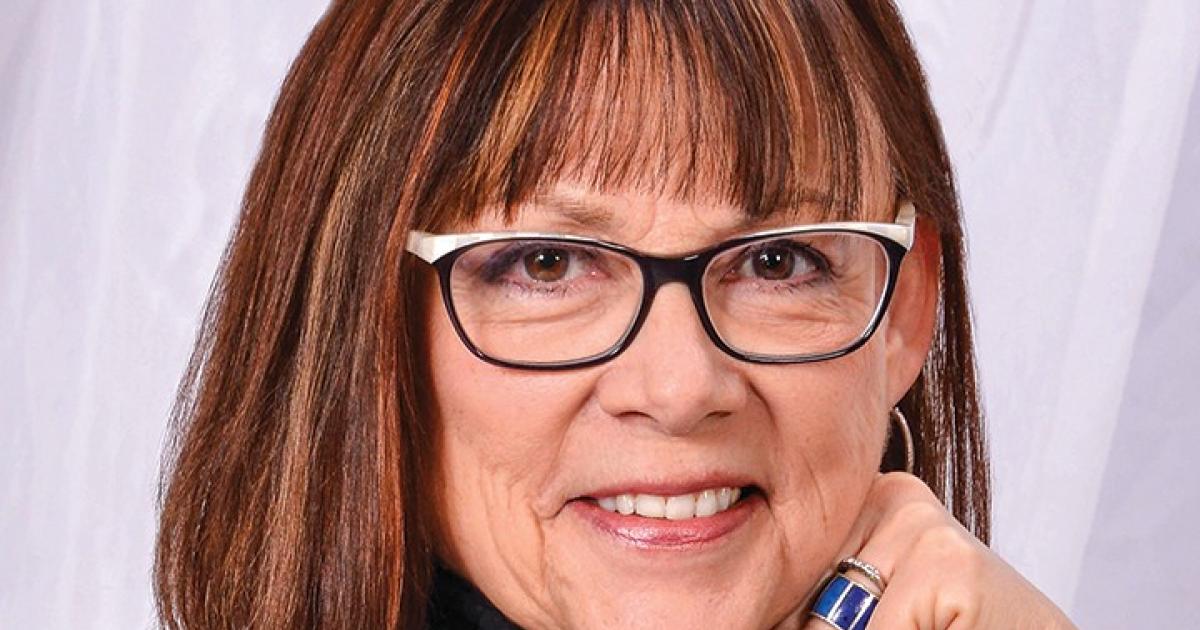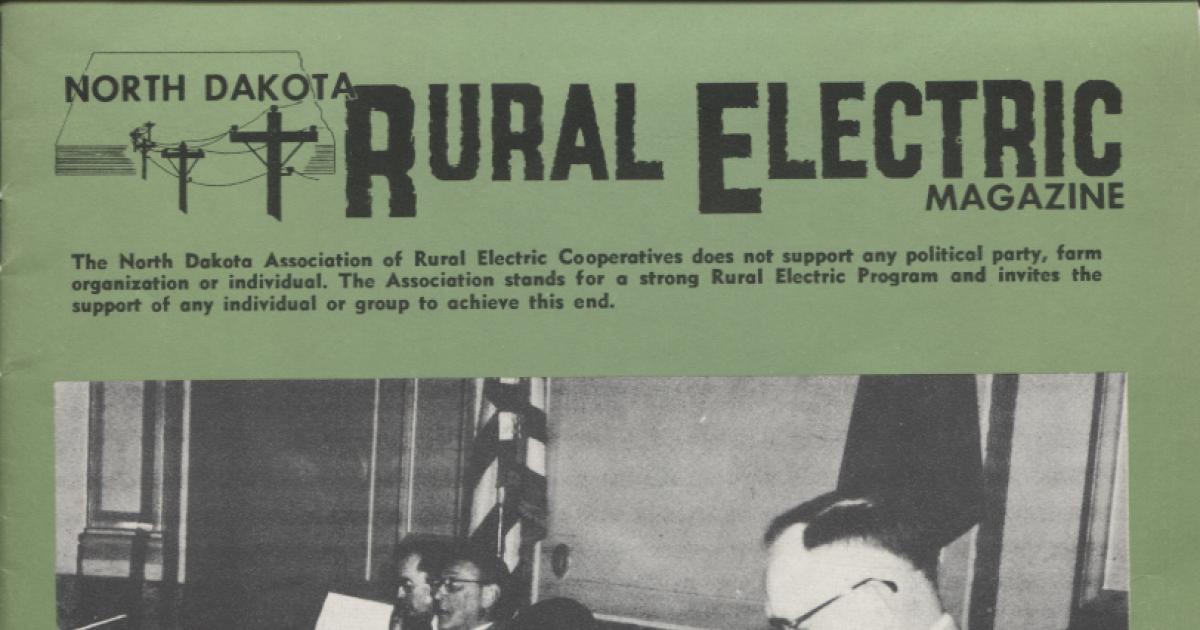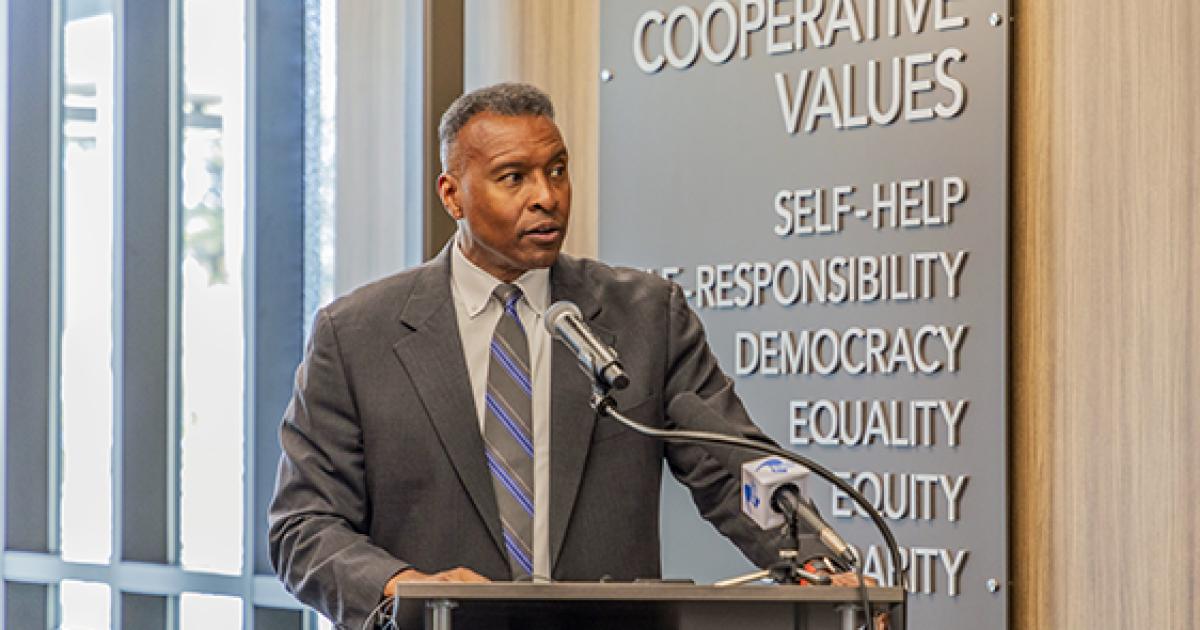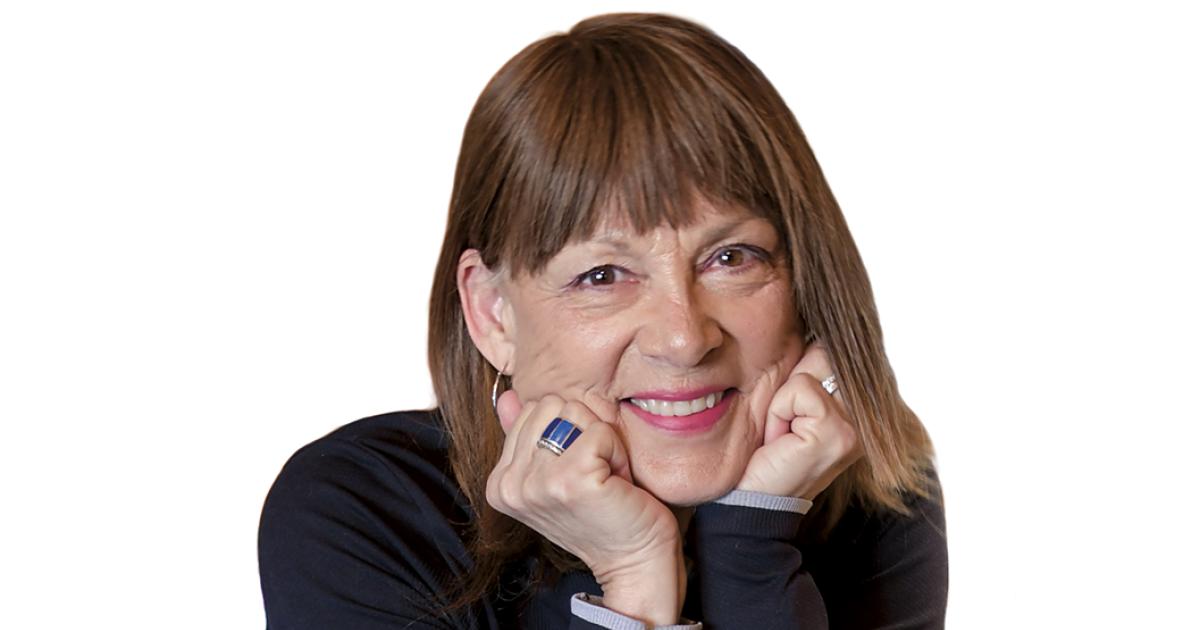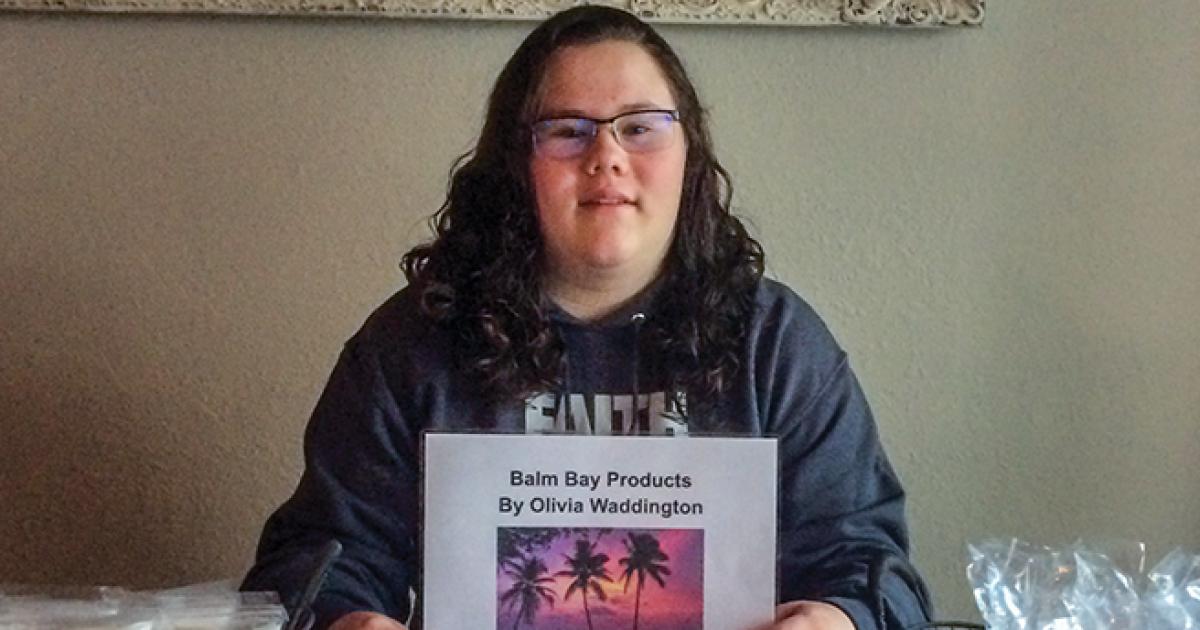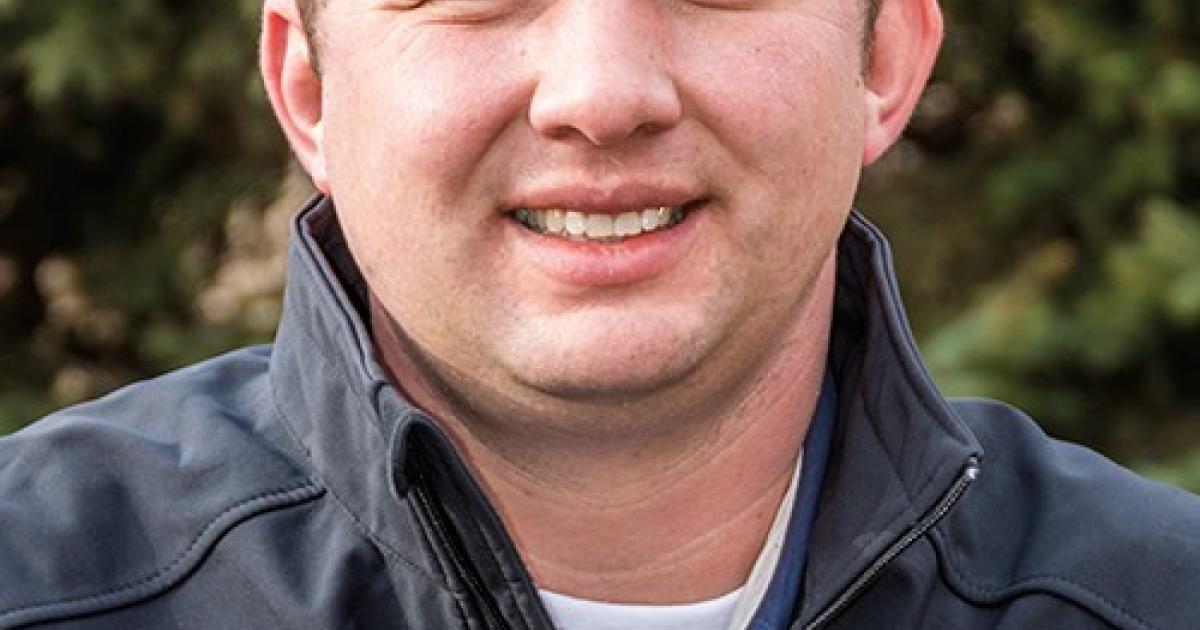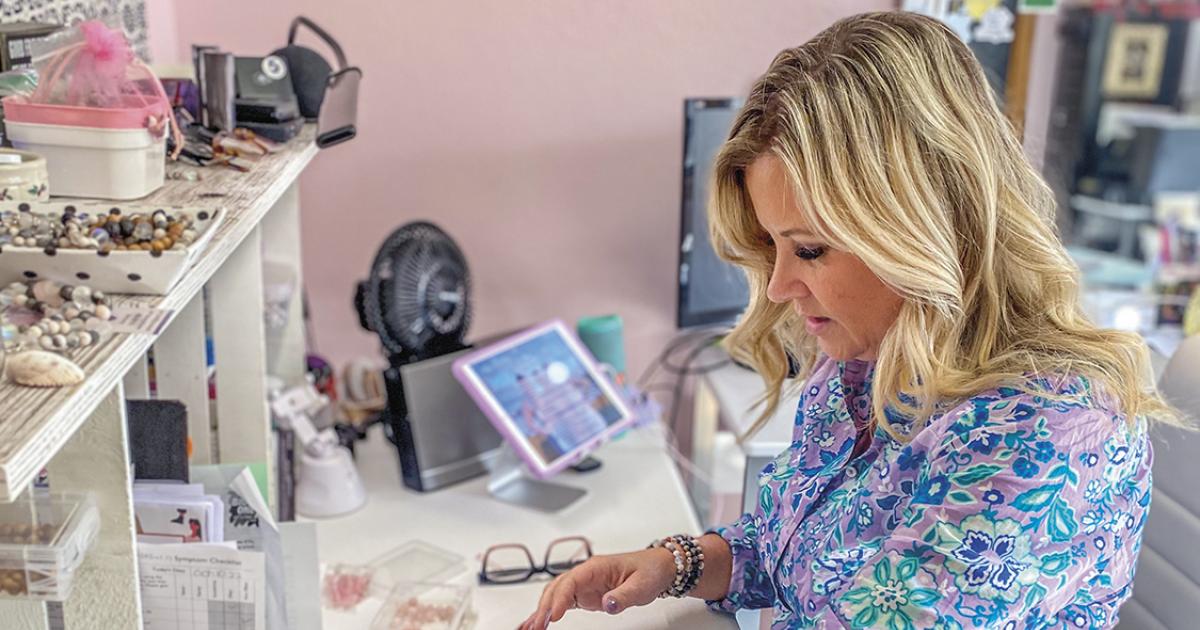“Do you want to come to my house and play Barbies?”
I was perhaps 6, spending the sultry summer afternoon at the town swimming pool, as almost every kid in town did back then. No need for parents to supervise. We rode our bikes or walked everywhere.
Roxanne Henke
I was in the “middle part” of the pool, where kids who could “mostly swim” played. Wanda (not her real name) was there, too. She was a few years older than me. We went to the same church so I knew who she was, but I’d never played with her before. She was fun. So, when the afternoon grew late, the chlorine and sun took their toll, I asked Wanda to come home with me.
I don’t remember the details, but I probably pushed my bike home since Wanda didn’t have a bike. We chatted like all little girls do. I parked my bike on the edge of the driveway and let Wanda follow me into the house. As usual, my mom was in the kitchen, ready with an after-swimming snack, which we ate sitting outside on our sunbaked brick steps.
But this afternoon, when I walked into the house with my new friend, I noted the look of surprise on my mom’s face. At the time, I didn’t understand her expression. No one in our little town was a “stranger.” And, Mom wouldn’t flinch at any number of kids my sisters or I brought home to play. Mom quickly composed herself and handed out our treats. We gobbled them down, then ran down the hall to my bedroom. I dumped my little suitcase full of Barbie clothes (that my mom had sewn) onto the floor, divided up Barbie, Midge, Skipper and Ken between Wanda and me, and we played dolls.
Again, my memory is fuzzy. Mom probably gave Wanda a ride home near dinner time. But, what makes this new friend story different is the conversation we had at the dinner table. Mom explained to my dad that I’d invited Wanda home from the pool to play. My mom and dad told me how proud they were of me for being her friend. Still, I didn’t understand the fuss.
As I said earlier, Wanda was older than me and the only time I ever saw her was at church. Or, that one time at the swimming pool. I grew to understand that Wanda was “different.” Back in the late 1950s, I don’t recall ever hearing the term Down syndrome, but that was what made Wanda different. She talked “funny,” with a lisp and an unusual cadence. But, all I saw in Wanda was a playmate. To me, she was “fun,” not “funny.” And, not any “different” than most individuals, with quirks and characteristics that make everyone unique.
Maybe the reason Wanda didn’t seem different to me was because of my cousin, Wayne. (His real name.) He was perhaps 10 years older than me. He lived in Grafton in a home for disabled young people. I didn’t see him often. His father (my dad’s oldest brother) had passed away shortly after Wayne was born. The birth had been difficult. Something was “wrong” with Wayne, but no one could really say what. Wayne couldn’t walk or talk. All he could do was “vocalize” loudly.
His mom, my Aunt Eva, a single mom, did her best to care for Wayne. She’d bring Wayne to Wishek in his ridged, straight-backed wheelchair, into which he was strapped so he wouldn’t fall out. Remember, this was the late 1950s. Looking back, things seem so primitive, but that was all that was available then. When we were little, my cousins and I would play by Wayne’s feet as he looked on. Even when Wayne was a grown man, my aunt would wrap her arms around him and lift him from his wheelchair into a sofa chair for a short while. Then, back again, adjusting him as his helpless body slumped.
Wayne sat among our family as if he was no different than any of us. He couldn’t talk, but he could laugh. Loud and strong. My dad called Wayne “Schnicklefritz” and he’d roar. My dad would talk to Wayne in German and English and Wayne would try to reply in completely unintelligible sounds.
These many years later, with so much more knowledge about disabilities, I’m sure Wayne had a combination of severe cerebral palsy and birth trauma. I’m also sure his mind was clear and sharp. He understood German and English. In today’s world, his school would have found a way for Wayne to communicate.
It makes me so sad when I see people being treated differently because of a disability. We all are “disabled” in some way, whether it’s visible or deep inside. I’m so thankful I was raised with a cousin who was treated like every other member of our family. It was an important, unverbalized lesson I carried with me into adulthood.
A while back, I had a dream. I was with Wayne. He was not in his wheelchair. Instead, his body was whole and perfect. We talked and laughed like old friends, or cousins. I like to think that dream was God’s way of telling me Wayne is just fine now. And, someday, I will see him whole and perfect, and he’ll see me whole and perfect, too.
Roxanne (Roxy) Henke lives in rural North Dakota with her husband. Sometimes memories make her sad, but they also made her who she is today. And that makes her glad. You can contact Roxy at roxannehenke@yahoo.com.


